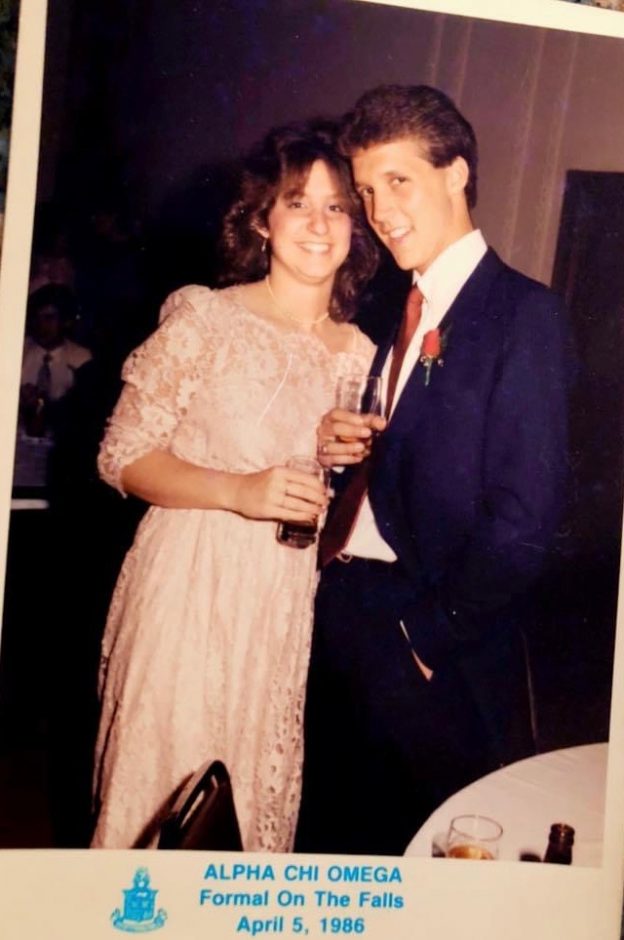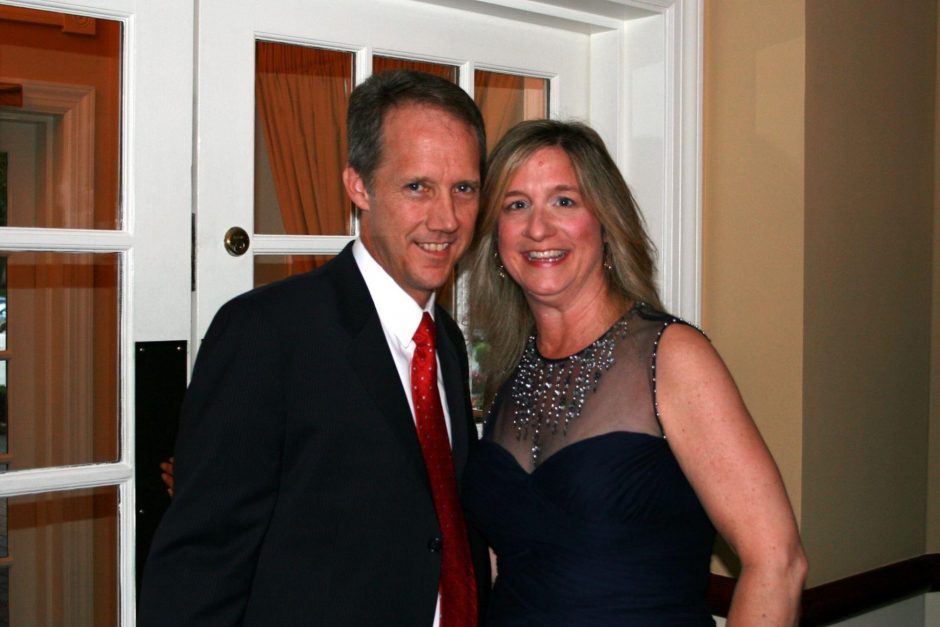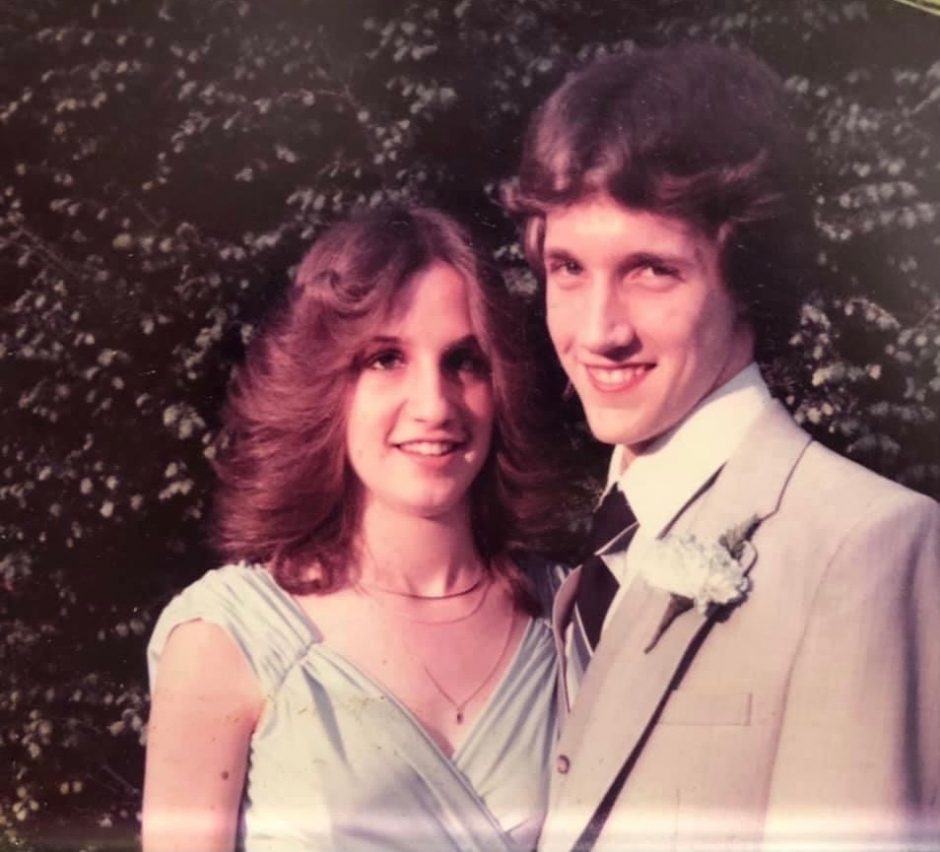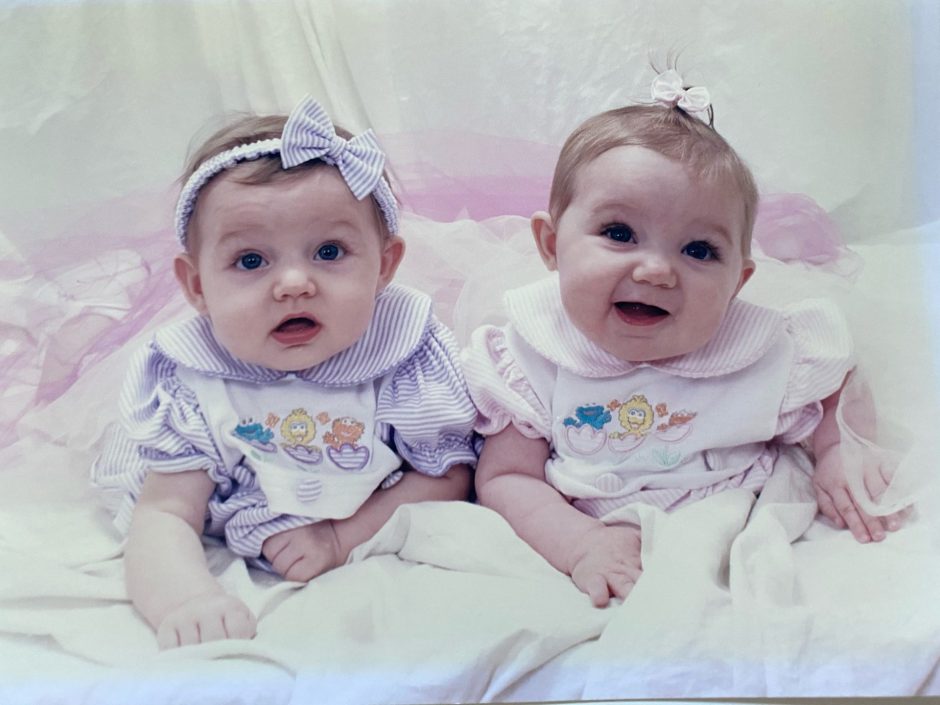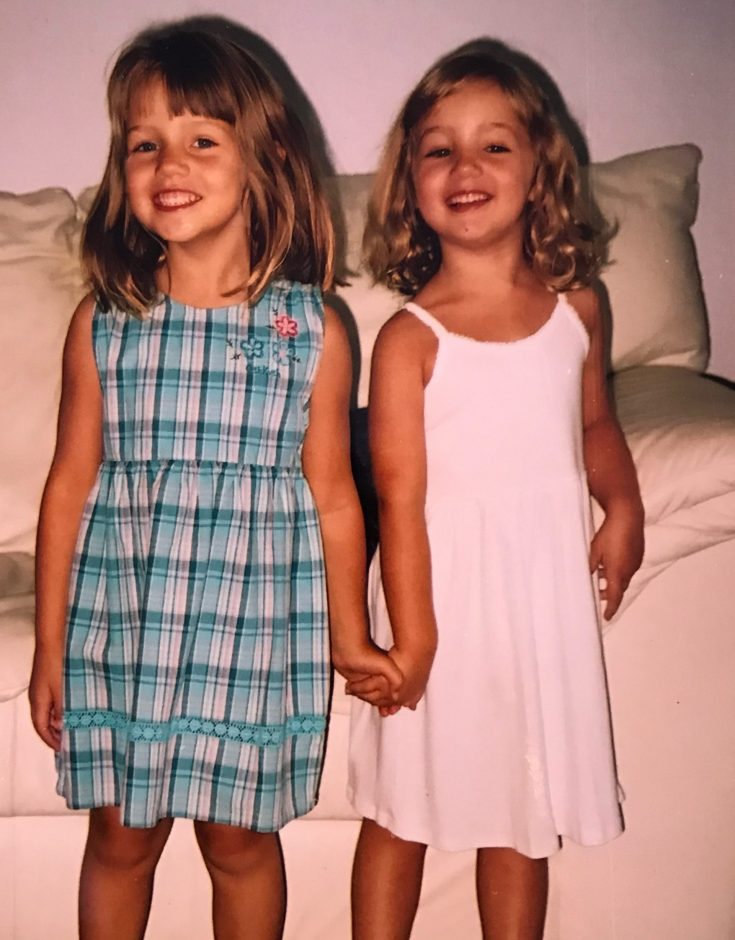Syracuse, N.Y. (NCC News) – Mother’s say that the gift of giving life is the greatest gift of all. But for some, giving life does not happen easily. Beth and Rob Kohl were devastated after doctors told them they could not have children on their own. They are not alone.
According to the Center for Disease Control and Prevention, over six million women in the U.S., ages 15 to 44, have difficulties getting pregnant or staying pregnant.
“It was such a difficult time, very emotional, very draining, very sad,” Rob said.
They had a wonderful life, a beautiful home, good jobs, but they just wanted children.
“I remember sitting in the doctor’s office and there were just pregnant women everywhere, everywhere around me. I just broke down and cried in the office. We just wanted to have kids so much and it just felt so out of our grasps,” Beth said.
In 1998, Beth and Rob began exploring other methods of conception. A doctor at Stony Brook Hospital suggested they try in vitro fertilization. The procedure was created by U.K. Doctor Robert Edwards and took hold in the late 80’s.
“In vitro fertilization is where we extract eggs from the female’s ovaries and fertilize them with the selected sperm. A process called ICSI. We select sperm and put it directly into the egg for the purpose of fertilization,” IVF Specialist Peter Ahlring said.
Beth and Rob had run out of options and decided to go through with IVF. After Beth’s eggs were successfully retrieved, Rob had to give his wife progesterone shots twice a day, for three months, in order to prevent a miscarriage.
“We prayed every night while we were going through it. I can’t even tell you… to have it happen the first time. It’s a medical procedure, but it was a miracle and our prayers were answered,” Beth said.
Beth and Rob were pregnant with twins.
“As quickly as it was terrible, just as quickly it got wonderful,” Rob said.
As Catholics, Beth and Rob were scared to tell their family about the procedure. The Catholic church believes that conception should come from the sexual relationship between a husband and wife. Beth said she remembers sitting in church listening to her priest talk about it.
“We went through so much and we were such good Christian people, so who cares how these wonderful children were born into the world?” Beth said.
Not their twin daughters, Christina and Cathy.
“I don’t think IVF defines us. The only things that define me and Cathy are our upbringing, our family, the people that we interact with and our goals,” Christina said.
In life, we all are the result of our own background. Our choices stem from our experiences culturally or religiously. The Kohl family was faced with a life changing decision that went against their religious beliefs.
The question remains: is not being born better than the alternative?
“She has just made me into such an amazing person. It’s so special to have someone immediately by your side for everything you do,” Cathy said.
Twins share an unbreakable bond. One that only a twin themself would understand. From the moment they are conceived, they share everything together. From birthdays, to sporting events, to graduations.
Christina said Cathy always knows what she is thinking.
“She always helps me make decisions that I can’t make on my own. She always knows what’s best for me. That’s kind of our relationship. We are very in sync with each other,” Christina said.
According to the Fertility Associates of Memphis, IVF accounts for 1.5% of all babies born in the U.S. This number is expected to grow in the upcoming years as couples are finding it increasingly harder to get pregnant.

